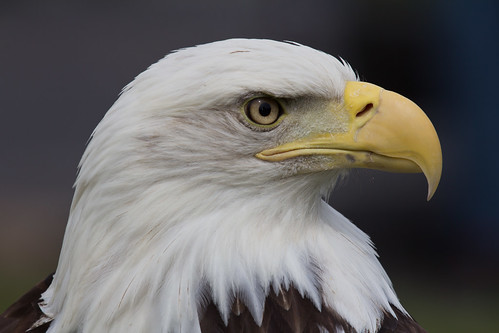 |
I’ve long believed that as critical as it is to find sustainable ways to generate electricity, we must invest in research to ensure that the designs and placements of solar and wind generating plants are the safest possible for wildlife. Unfortunately, the pattern of our capitalistic society is to require research to be profit-driven. And as both of America's political parties have further and further distanced themselves from environmentalism, we wait longer and longer, until foreseeable problems reach crisis levels, and then desperately go full-speed ahead with a few misguided projects. For example, even as corporations create huge mirrored solar plants in quality desert habitat, frying abysmal numbers of birds in the sky or drawing them down to crash into what looks like water, we’re making it harder and harder for homeowners to put up innocuous solar panels on their own roofs, thanks to lobbying by profit-motivated power companies.
I attended a Catholic school as a little girl—that’s where most of my sense of morality and ethics was formed. Jonathan Franzen wrote about his own moral development:
Maybe it’s because I was raised as a Protestant and became an environmentalist, but I’ve long been struck by the spiritual kinship of environmentalism and New England Puritanism. Both belief systems are haunted by the feeling that simply to be human is to be guilty. In the case of environmentalism, the feeling is grounded in scientific fact. Whether it’s prehistoric North Americans hunting the mastodon to extinction, Maori wiping out the megafauna of New Zealand, or modern civilization deforesting the planet and emptying the oceans, human beings are universal killers of the natural world. And now climate change has given us an eschatology for reckoning with our guilt: coming soon, some hellishly overheated tomorrow, is Judgment Day. Unless we repent and mend our ways, we’ll all be sinners in the hands of an angry Earth.
I’m still susceptible to this sort of puritanism. Rarely do I board an airplane or drive to the grocery store without considering my carbon footprint and feeling guilty about it. But when I started watching birds, and worrying about their welfare, I became attracted to a countervailing strain of Christianity, inspired by St. Francis of Assisi’s example of loving what’s concrete and vulnerable and right in front of us. I gave my support to the focused work of the American Bird Conservancy and local Audubon societies. Even the most ominously degraded landscape could make me happy if it had birds in it.My own Catholic education started with the premise that we were not only expected to love but to nurture our fellow creatures. The very first day of first grade, a soft-spoken, gentle priest named Father Ciemega came into our class and asked if anyone knew their ABCs already. I practically leaped out of my desk raising my hand so exuberantly that he couldn't help but call on me. After I recited the alphabet, he gave me a tiny treasure—what we called a "holy card," this one depicting a large hand (presumably God’s) cradling a tiny baby bird. This was a perfect symbol to prove to me that it wasn’t enough to love God’s creatures—we were expected to protect them.
When we learned about sins before making our first confession in second grade, one of the sins they mentioned was one of omission—not taking proper care of our pets—that was a huge moral responsibility. And as I recall, Francis of Assisi was the first saint we learned about in school. Our reader included a story in which he saved the life of a wolf that had been terrorizing a village, by teaching the wolf and the people to get along. So in my gut, the issue of climate change and the issue of protecting wildlife are equal mandates.
Whatever the original source of our personal ethics and whether it involves any God, religion, or other system outside our own ability to reason, it’s frustrating and mystifying to me that anyone can turn their backs on any wildlife population. I’ve been an environmentalist since the very first Earth Day, in 1970, when we were completely committed to getting Congress to pass laws to protect our air, our water, AND our wildlife. We didn’t let the huge problems—Lake Erie being considered dead, the Cuyahoga River catching fire, or toxic smog smothering our cities—draw our focus from endangered and threatened species, nor did our concerns about animals reduce our focus and effectiveness in dealing with urgent issues about the air and water we all need. We didn’t say that without clean water, Bald Eagles and Osprey will disappear anyway.
It’s only been with encroaching corporatism that we’ve watered down our goals of preserving the environment that we and wildlife share. But those of us most knowledgeable and committed to climate issues and those of us most knowledgeable and committed to wildlife issues must work together if we’re ever going to be effective at helping with either issue—the problems are too big and too deep and too tall to tackle while squandering our energy infighting. As Robert Frost might have put it, “environmentalists work together, I told him from the heart, whether we work together or apart.”